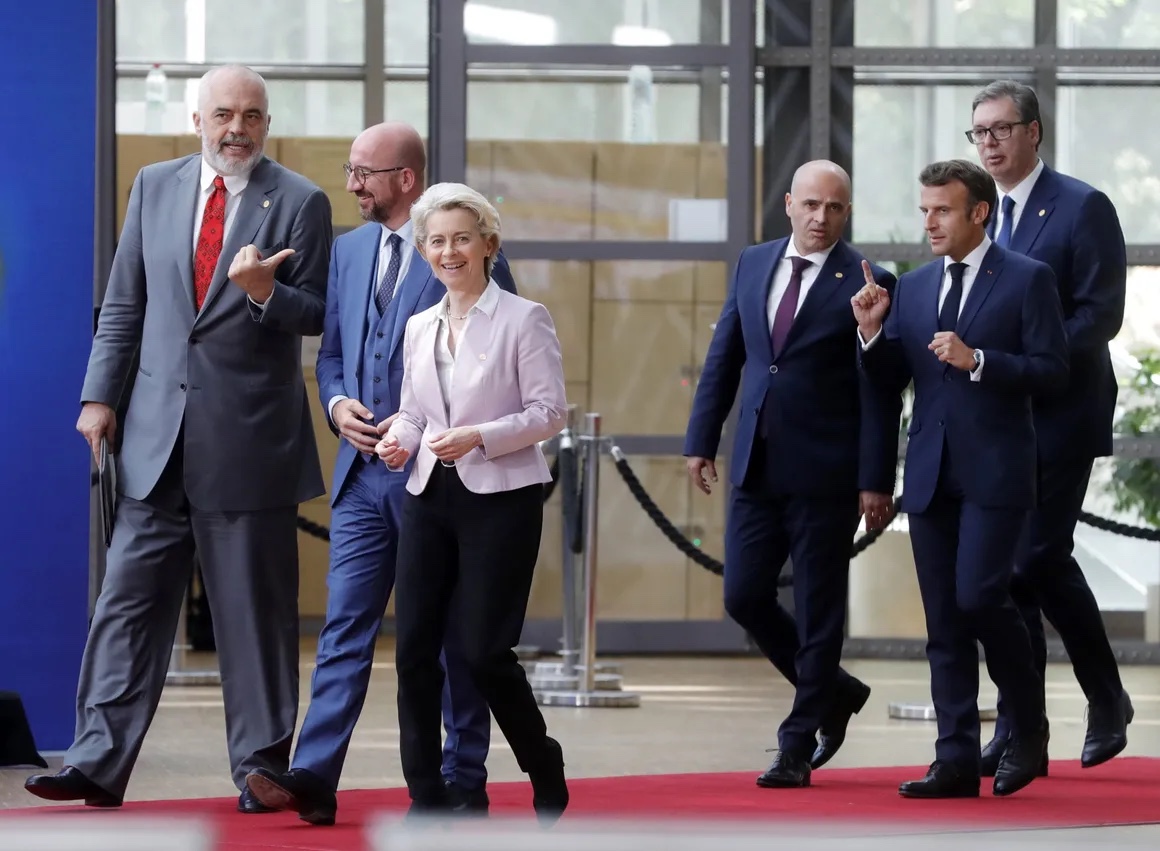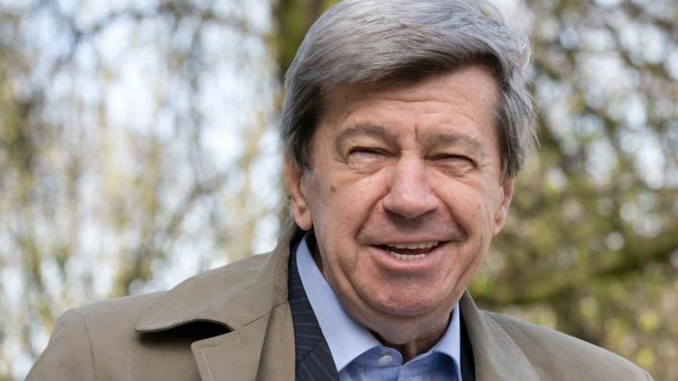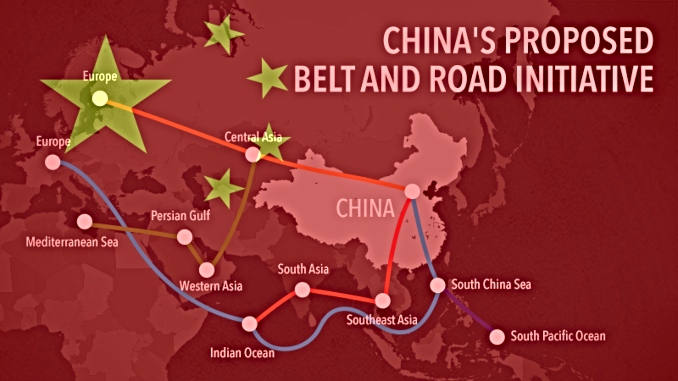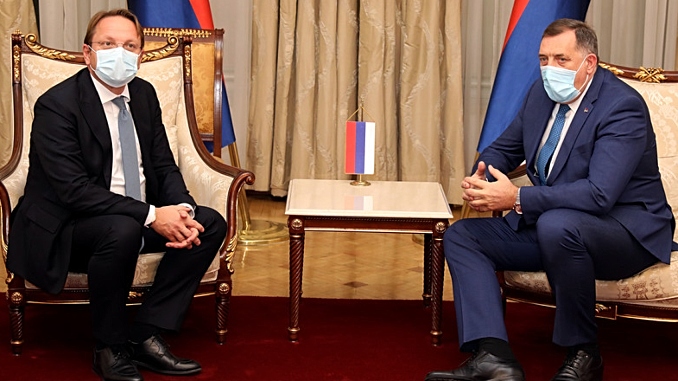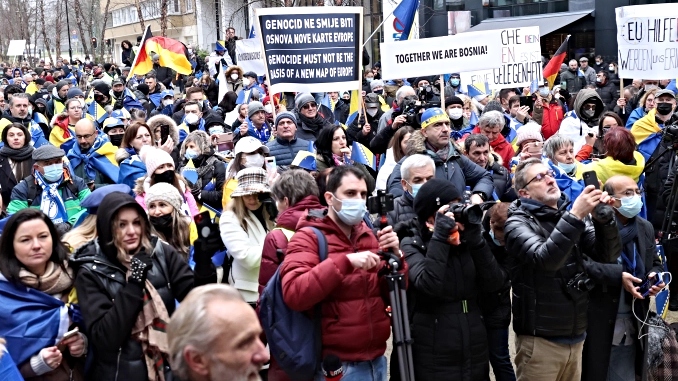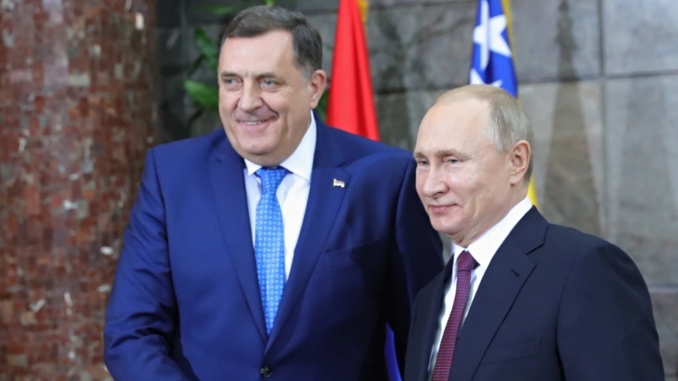Amnesty Report Raps Balkans Countries for Rights Abuses
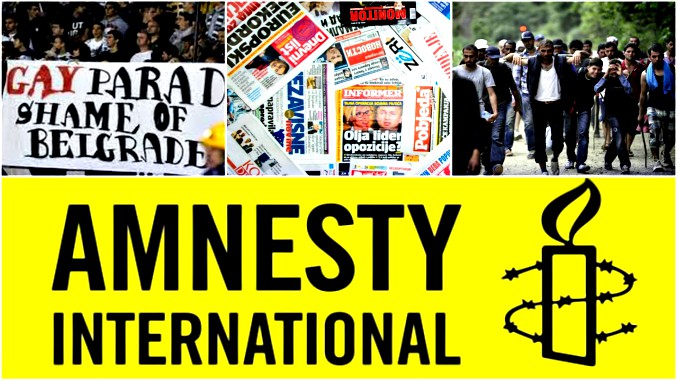
Freedom of expression, the rights of migrants and refugees to protection, and LGBTI rights remain frequently violated in Balkan countries, according to the latest report by the rights watchdog Amnesty International.
Amnesty’s overview, released on February 22, called the Balkans “a dangerous place for investigative journalists”, noting dozens of beatings of reporters, law cases against them and smear campaigns conducted by pro-government media outlets against independent voices.
Another theme in the human rights report was abuse of the rights of LGBTI people in the Balkans, where it said discrimination and stigmas persist.
Civil society groups documented dozens of cases of harassment of and physical attacks on LGBTI people in Bosnia, while the European Court of Human Rights ruled that Romania had failed to properly investigate an attack on Bucharest Pride back in 2006.
Meanwhile, the migrant crisis continued to see thousands detained in inadequate facilities in several Balkan countries. Migrants and refugees were also illegally pushed back from borders and denied access to proper protection.
Bosnia
In Bosnia, new anti-discrimination laws were cited as a positive step. However, “growing nationalist rhetoric” surrounding last October’s elections, and the refusal of Republika Srpska entity authorities this year to honour a Constitutional Court ruling that said their January 9 holiday discriminated against minorities, were all factors threatening human rights in the country according to the report.
Romania
In Romania, the Roma minority suffered systematic discrimination, according to the report, including forced evictions.
It cited figures from the Centre for Advocacy and Human Rights and Centre for Resources for Public Participation showing that of 394 schools in 112 municipalities in northeast Romania, for example, 82 practised segregation of Roma children.
The report noted that the authorities had responded to the segregation investigation, however, by drafting a framework for preventing such practices in schools.
Bulgaria
Bulgaria was chided for failing to respect rights of migrants crossing the country.
It failed to abide by proper procedures in dealing with a rising number of migrants and refugees arriving in the country, and did not address allegations of summary pushbacks and other abuses at the border.
“A climate of xenophobia and intolerance sharply intensified,” the report said.
Serbia
Refugees and migrants also suffered while stranded in Serbia, said Amnesty, noting that they lacked access to protection and essential services.
Meanwhile, the report said pro-government media continued to smear government critics, while residents’ rights had been violated when 30 masked men demolished buildings to make way for the upcoming government-backed Belgrade Waterfront project.
The report also noted that a legal case against Radomir Markovic, former head of state security, for the 1999 murder of journalist Slavko Curuvija, had stalled after a key witness failed to appear in court.
Croatia
Political instability caused by two months of difficulties in forming a government and then the failure of Tihomir Oreskovic’s volatile ruling coalition in June was the backdrop for heightened nationalist rhetoric and hate speech in Croatia in 2016, according to the report.
Hate speech against Serb minorities, migrants and refugees surged, it said, as civil society groups said they registered increased use by the media and public officials of the “fascist ideology” of the past.
Freedom of the press also took some knocks in 2016, according to Amnesty, noting that in March, the government ended the contracts of nearly 70 editors and journalists at public broadcaster Croatian Radio Television in “what was perceived as an attempt to influence its editorial policy”.
Albania
Amnesty’s report on Albania focused on lack of progress in pursuing those responsible for the 1995 disappearance of Remzi Hoxha, an ethnic Albanian from Macedonia. “His fate and whereabouts remained unknown,” the report said.
It also cited concerns by the European Committee for the Prevention of Torture, CPT, over detention conditions in Albania, where it noted “numerous reports by detainees – including juveniles – of ill-treatment by police officers, in some cases amounting to torture”.
Macedonia
Macedonia was also criticized for its part in the poor care of refugees taking the so-called “Balkan route” to the West, with migrants “routinely pushed back” at the border with Greece, or detained in poor facilities in Macedonia.
Meanwhile the special prosecutor appointed by parliament in September 2015 to investigate officials involved in the country’s wire-tapping scandal faced political obstacles and pressure in pursuing her work, according to the report.
Montenegro
Election rights were one focus of the report’s comments about Montenegro, where polls that featured serious irregularities cemented the tenure in power of former PM Milo Djukanovic’s ruling coalition.
Source: Balkan Insight

